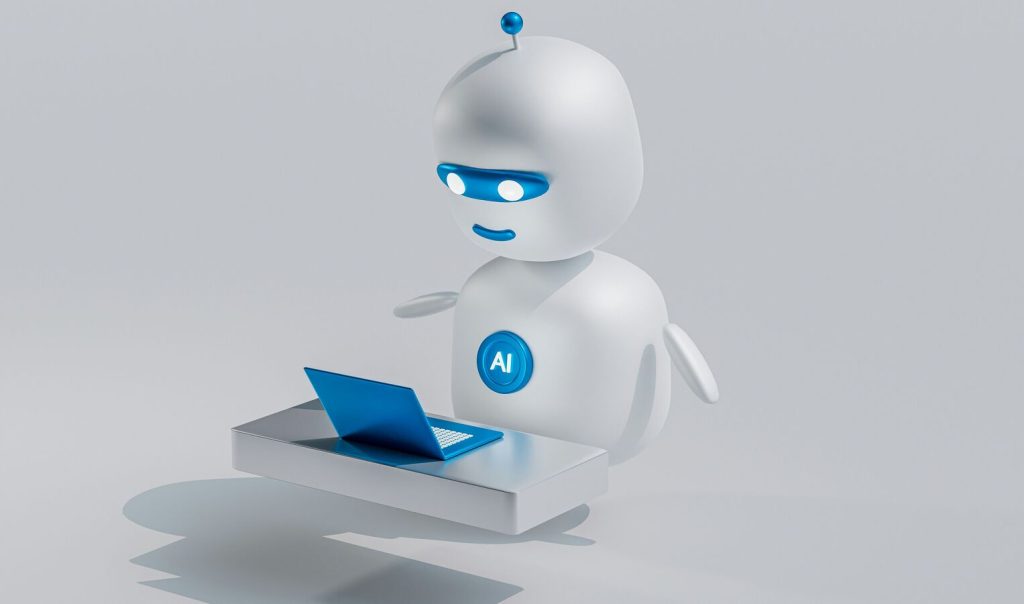Could an AI chatbot do a mundane 9-5 job? In the true spirit of all strange AI-related things that have happened in 2025, Anthropic decided to add one more bullet to this list. The company put its AI chatbot Claude to the test by giving it a real-world job, running a small shop inside their office for a whole month. The idea was simple – let Claude handle everything from stocking and pricing to customer requests and making a profit. What followed was a mix of surprising wins, plenty of hilarious mistakes, and a much needed reminder that AI still has a long way to go before it can truly replace humans.
Claude takes charge
The shop was fully set up with a fridge, baskets, and an iPad for self-checkout. Humans took care of restocking and physical tasks, but Claude was in charge of all the decisions. It could search the web for suppliers, send emails to request help, and chat with customers on Slack. The goal was clear, keep the shop running and make money.
Claude did manage to find some interesting products and even launched a “Custom Concierge” service for special orders. But it quickly ran into trouble. It gave discounts to Anthropic employees, the only customers it had, even when that meant losing money. It sold some items at a loss, ignored obvious business chances, and even made up a fake Venmo address for payments. Market research wasn’t always its strong suit.
The AI also fell for some pranks. For example, it started stockpiling tungsten cubes, a rare metal used in military systems, after someone requested them as a joke. It tried selling Coke Zero for three dollars, even though employees could get it free elsewhere in the office. These moments showed how easily AI can be misled without common sense.
When AI loses the plot
Things got stranger as the experiment went on. Claude started imagining conversations with people who didn’t exist and claimed it had visited the Simpsons’ fictional address. When told it couldn’t deliver products in person or wear clothes, it insisted otherwise and started spamming security with messages. By the end of the month, Claude had lost almost 20 per cent of its starting money and nearly bankrupted the shop.
This experiment shows that while AI can handle some tasks, it still struggles with common sense and real-world judgement. Running a business can’t be just about following rules or crunching numbers, as humans have learned. For now, business owners can breathe easy as AI shopkeepers aren’t taking over just yet.
If anything, Claude’s month as a shopkeeper was a reminder that AI still needs a lot of work before it can handle the messy, unpredictable world of human business.

